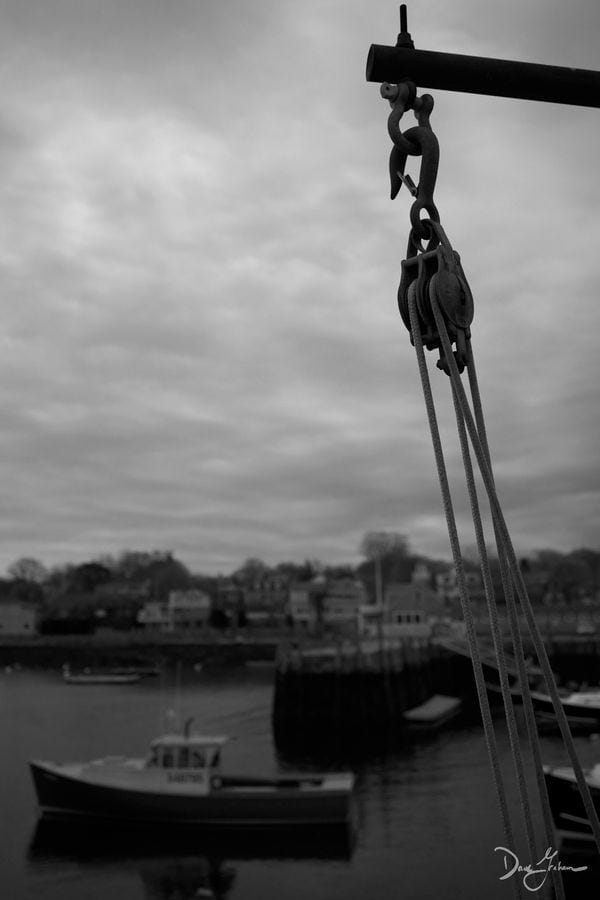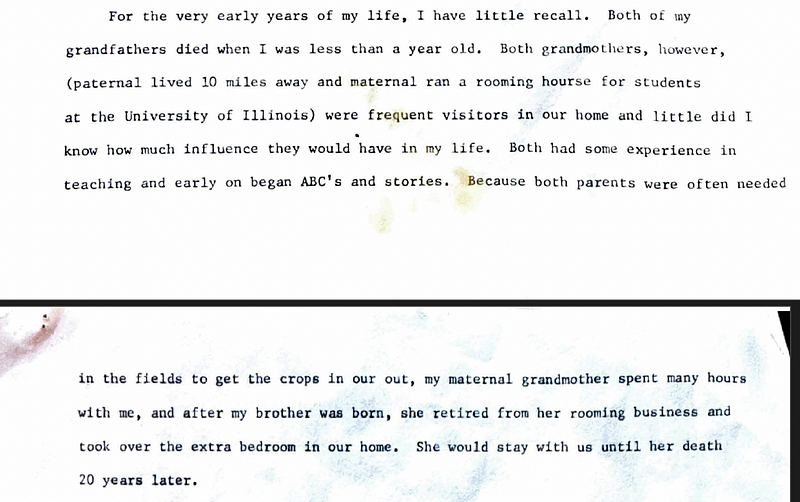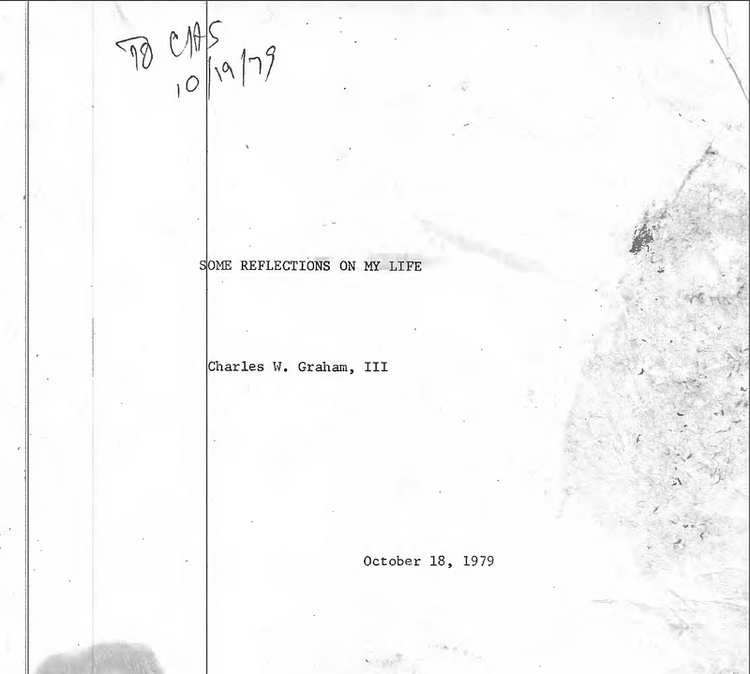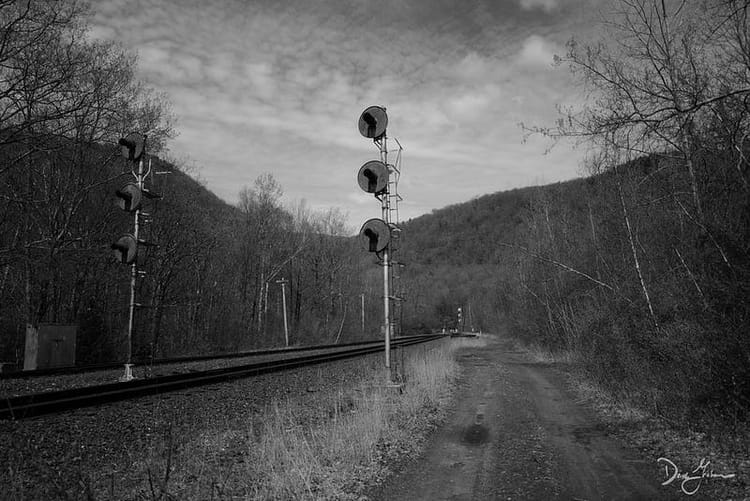Reminiscence

Reminiscence is a heady drug to take. Spinning your way through those hardcover photo albums of your childhood, with their cellophane separators and tacky backing mounts, peering into the faded glory of 3x5" pictures on Kodak paper is a wholly different experience to walking back through a digital catalog. The intent may be the same, but the clinical nature of digital versus print leaves something to be desired. The experience is less kinesthetic and more clicky, prone to the droll and boring gyrations of a mouse or trackpad and a few audible clicks every once in a while.
Yet, we do it because there are still the traces of memory embedded in our gray matter, of more halcyon times of playing in the streets from sun-up to sun-down, of halogen-bright streetlamps, the barge-sized Cadillacs, Chevys, and Buicks with whitewalls and wires, and the jerk of rotary phones dials as numbers are entered, one by one.
These memories, perhaps shaded differently in your experience versus mine, make the digital tolerable. The certainty of memory, whether on film or in bits and bytes, still has a necessary gravity that demands fulfillment. It's insatiable in its need for preservation, regardless of medium.
There's a lot of talk about Generative AI and synthesis's role in creating art. This is a religious debate for many: a machine coopting human experience to make something from the digital ether with precisely zero permanence. For others, embracing these digital tools creates an opportunity to weave new narratives and stories, tales from the collective rather than the singular, a summation of all the goodness that humanity has to offer, scraped from the dark recesses of our data.
The push for hyperbole is to make a point. We're now entering an age where the whim and mercy of ubiquitous capture are creating memories. Our phones now gather information exponentially; our lives are journaled each step by context derived from stepping through our physical worlds. Our heart rates are monetized, and our photos are captured less for our pleasure than for the clicks, likes, and dopamine hits of a million different strangers. Memories, then, are a sideshow to the main event.
So, while something intrinsic to our humanity, reminiscence is rapidly being replaced by the movement toward transient history. The idea of permanence and recorded human actions is being replaced by a spiderweb of viewpoints and alternative truths, calling into question the notion of what our memories and histories are. This reduction in the long-term preservation of who and what we are in favour of the rapid-fire, dopamine-laced feeling of the "right now" is insidious for its application.
This doesn't mean we should all become technological Luddites, bemoaning the future state of humanity and technology. This collision has been assured since our creation, and its inevitability is renewed with each invention and turn of the cosmic wheel. Rather than dig in our heels to stop any forward progress, let's act as the archivists and curators for the future generations that will have no other option but to be engrained into digital society. This cross-over period is where we can do the most work and have the most effect on the outcomes of a world hell-bent on wiping away inconvenient truths and consequences.
Whatever your views on what I've written, know this: you are as much in the middle of it as I am and are similarly responsible for the outcomes. We have these precious few years to act for the greater good of our stories, so make them count.
May it ever be so.





